search results for: grid
Showing 24 of 24 Results
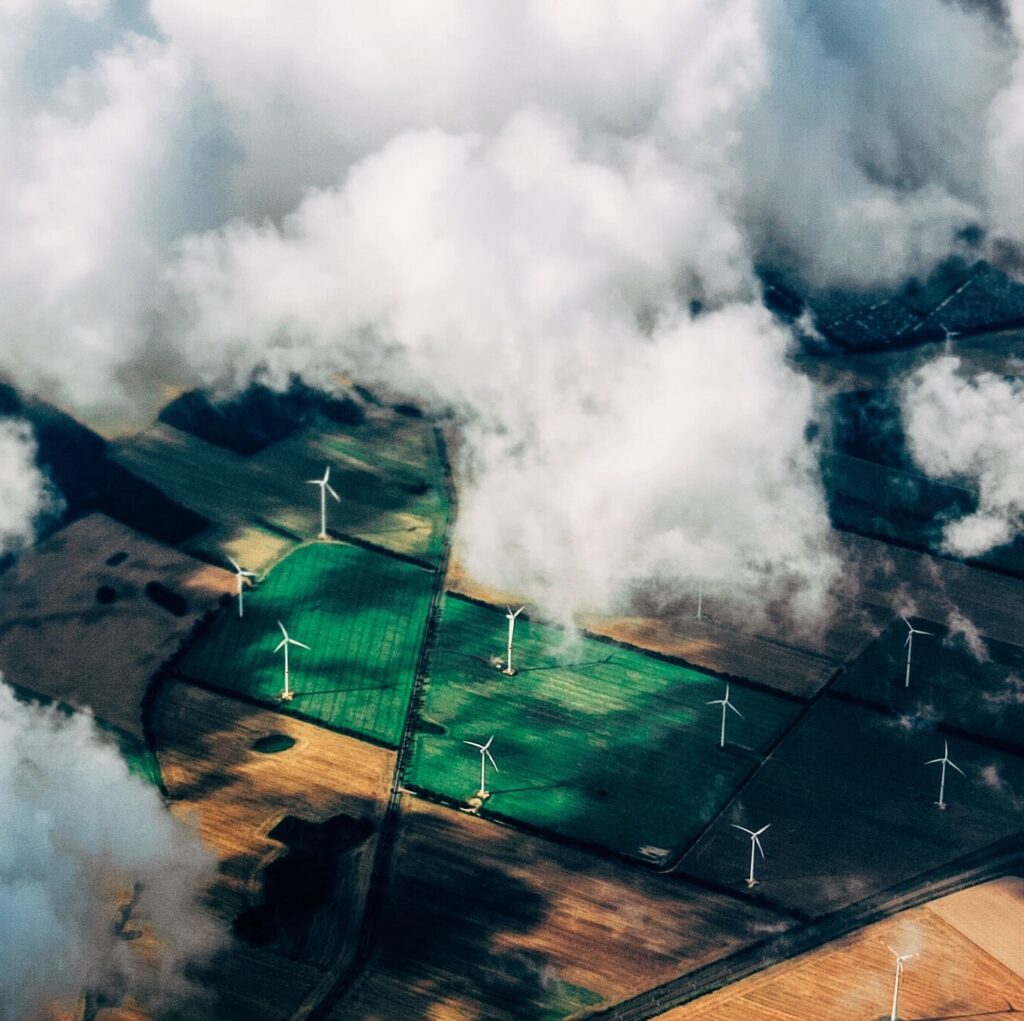

Climate News Weekly: Aug 14, 2024
Climate News Weekly: Carbon market upheaval, Tropical Storm Debby, Tim Walz’s VP candidacy, and more
Climate News Weekly is back to cover the week’s biggest stories in climate news with host James Lawler, joined by Dina Cappiello and Julio Friedmann. The team kicks off this week’s coverage with upheaval in the voluntary carbon market. Up next, Julio
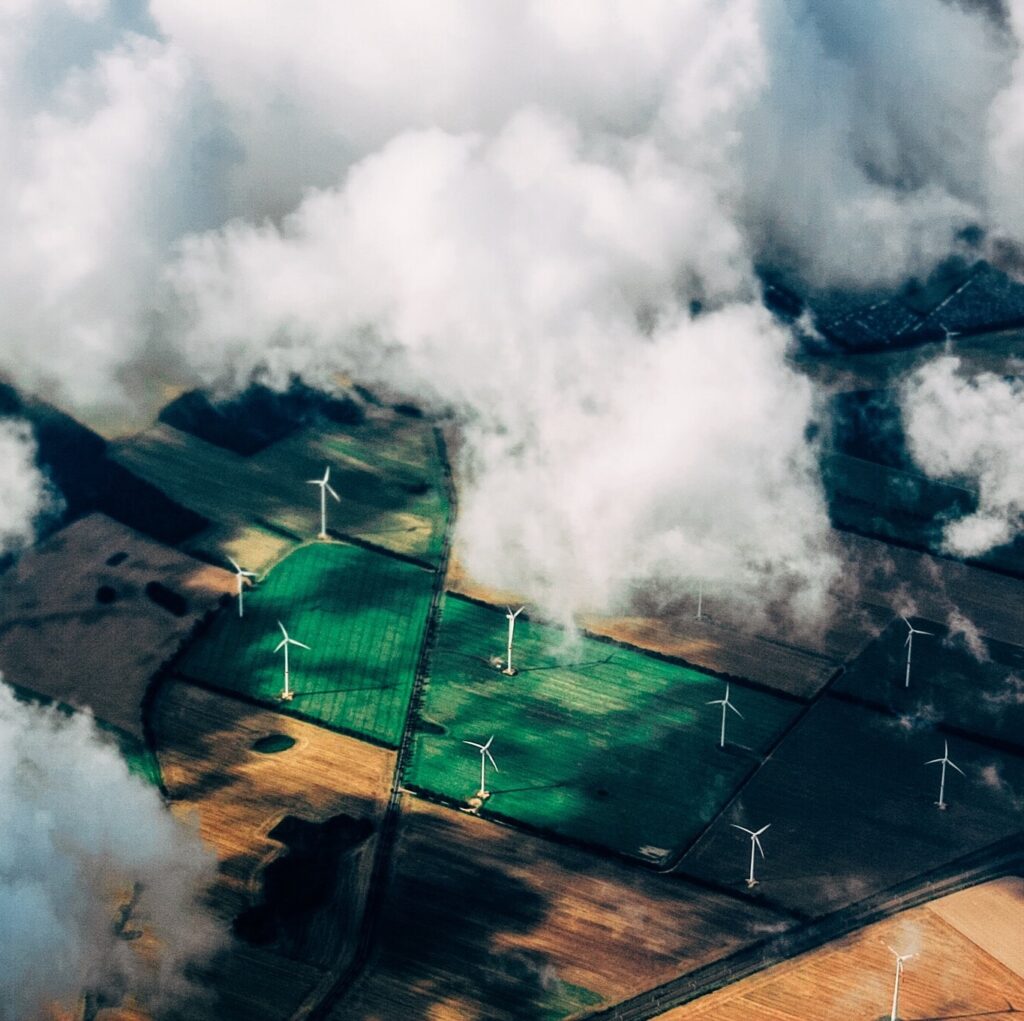

Climate News Weekly: Jul 29, 2024
Climate News Weekly: Kamala Harris and climate, a turning point for China, the Cape Wind accident, and more…
James Lawler is joined by Carbon Direct’s Julio Friedmann for Climate News Weekly. Join James and Julio as they discuss what Kamala Harris’ candidacy and potential presidency could mean for climate policy, followed by positive signs that China&


Climate News Weekly: Jul 16, 2024
Climate News Weekly: Hurricane Beryl, Tesla’s minority market share, peak oil predictions, and more…
Climate News Weekly is back to cover the week’s biggest stories in climate news. James Lawler, Julio Friedmann and Darren Hau begin this episode with a discussion of the latest extreme weather events, including Hurricane Beryl and record-breaking heat ove


Climate News Weekly: Jul 2, 2024
Climate News Weekly: The end of Chevron deference, special report on solar, anti-greenwashing lawsuits, and more
In the latest installment of Climate News Weekly, James Lawler and Dina Cappiello (RMI) discuss a variety of stories on climate, sustainability, and technology. Dina and James cover a breaking story out of the Supreme Court: the ruling that ended Chevron defe


Climate News Weekly: May 21, 2024
Climate News Weekly: Record CO2 accumulation, US-China climate collaboration, Climeworks opens DAC plant, and more
Climate Now is back to tackle six of the biggest stories in recent climate news. James Lawler, Julio Friedmann, Dina Cappiello, and Darren Hau discuss recent developments in the U.S., from electric grid planning and finance to the Department of Energy’


Climate News Weekly: May 6, 2024
Climate News Weekly: Tesla Layoffs, World Bank Investment, G7 Coal Phaseout
Julio Friedmann and Darren Hau join James Lawler to discuss the latest climate news: Tesla lays off its supercharger team, historic flooding and heat in Asia, $11 Billion committed to the World Bank, G7 agree to phase out coal by 2035, and several new rules from the CEQ and EPA to advance permitting reform and expand solar in the United States.


Climate News Weekly: Apr 8, 2024
Richard Benedick, geoengineering, and more
This week on Climate News Weekly, James Lawler sits down with Julio Friedmann and Darren Hau. They discuss the passing of climate leader Richard Benedict, a new geoengineering experiment, new California rules for energy distribution and use, and the emergence
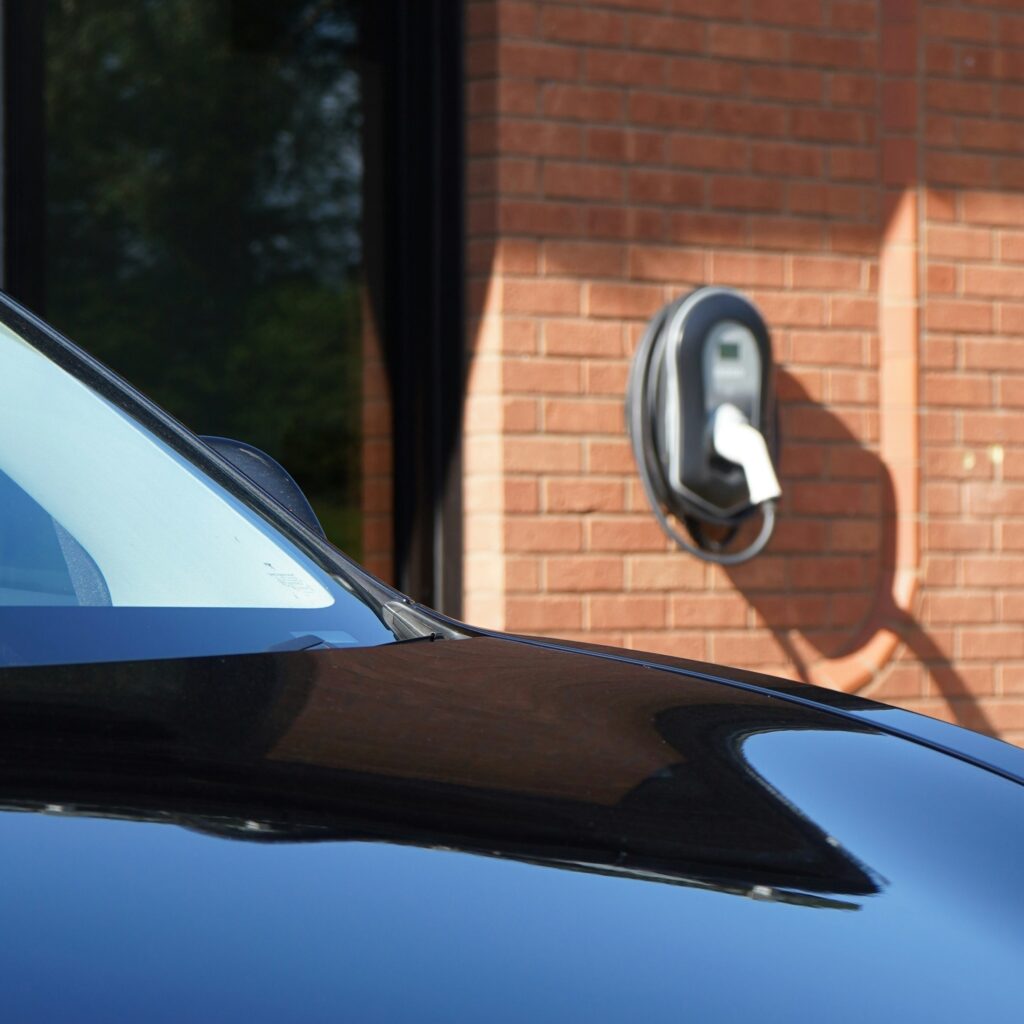

Climate Now: Mar 21, 2024
Charging Electric Fleets (3/3)
In 2023, electric vehicle drivers reported that, when pulling up to one of the more than 140,000 EV public charging stations across the United States, something went wrong about 21% of the time, leaving them unable to charge their vehicles. Such unreliabili


Climate Now: Feb 27, 2024
Charging Electric Fleets (2/3)
Today, given route lengths and cargo capacity, it is possible to electrify 65% of medium-duty and 49% of heavy-duty trucks. Commercial fleets’ are responding to this promise, with announced commitments to electrification surpassing 140,000 vehicles in 2022 i


Climate Now: Feb 20, 2024
Charging Electric Fleets (1/3)
In the United States, nearly one quarter of national greenhouse gas emissions come from the 280 million vehicles that drive on the nations roads each year. And while fleet vehicles – including the ~5 million buses, garbage trucks, law enforcement vehicles an


Climate News Weekly: Oct 23, 2023
Grid Upgrades, Species Extinction, New European Reporting Rules, and more
On today’s Climate News Weekly episode, James Lawler, Julio Friedmann, and Dina Cappiello discuss the need to invest in our grids to ensure a reliable energy transition, in the US and abroad, the sobering reality that climate change is speeding up speci
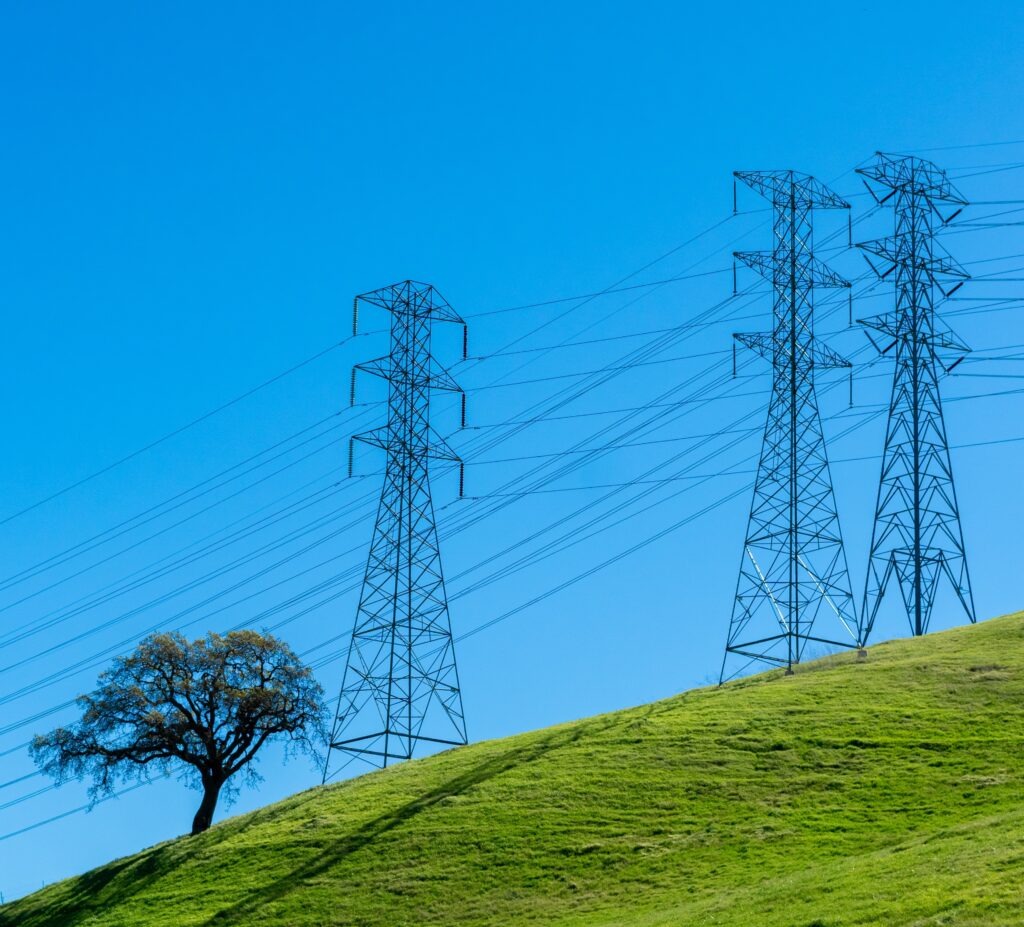

Climate Now: Oct 10, 2023
Energy Superhighways: Bridging the Gap for Clean Energy
The US’s energy system is at a crossroads. As more and more renewable energy projects come online and demand for electricity keeps rising, many utilities and developers are being asked to build more transmission infrastructure to bring all this power to
Climate Now: Sep 26, 2023
Two views on the future of the US electricity grid
The United States’ aging electricity grid is a problem. Over 70% of the major transmission networks – which transfer electricity from power generation centers to endpoint users in homes and buildings, sometimes in other states – are at least 25 years old
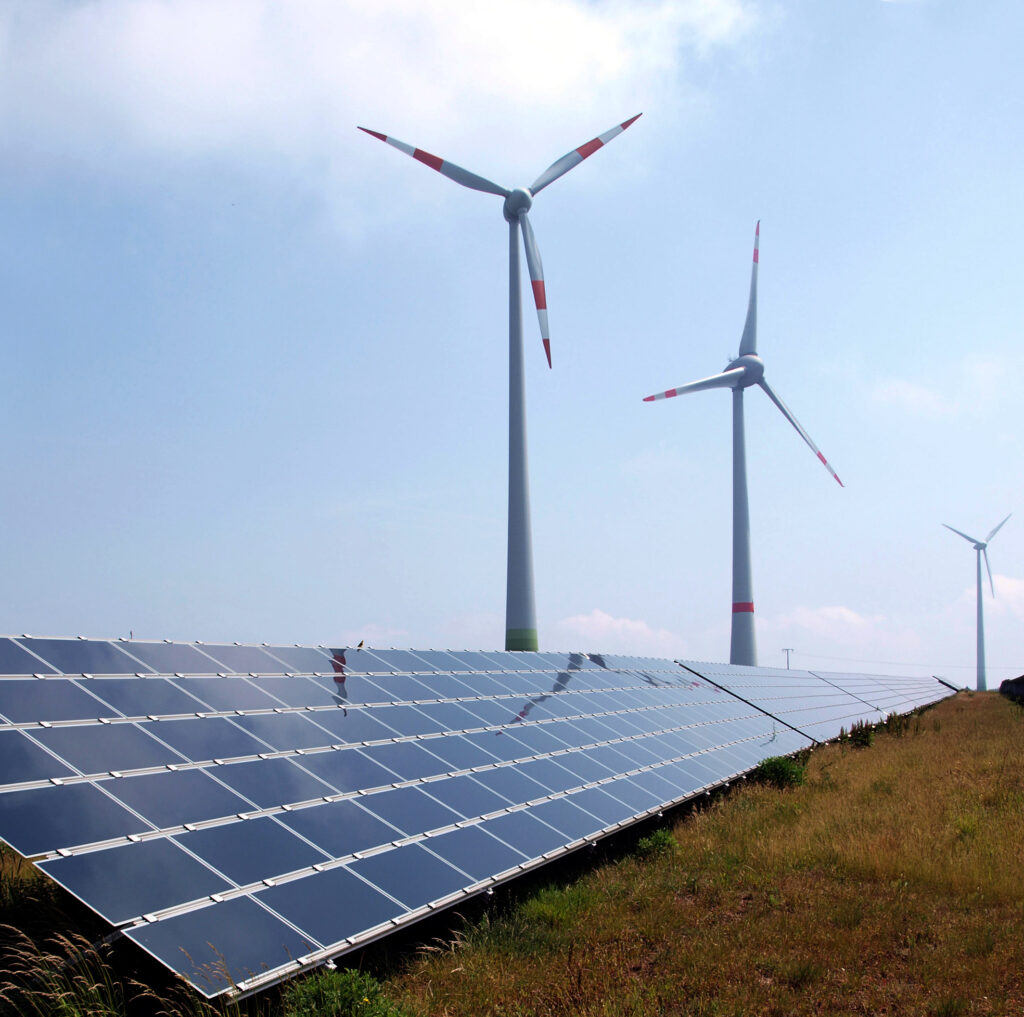

Climate Now: Sep 11, 2023
The IRA Progress Report
When the U.S. Inflation Reduction Act was signed into law in August 2022, policy analysts predicted that the incentives it provided for renewable energy deployment, home electrification and EV adoption would put the U.S. on track to reach at least two third
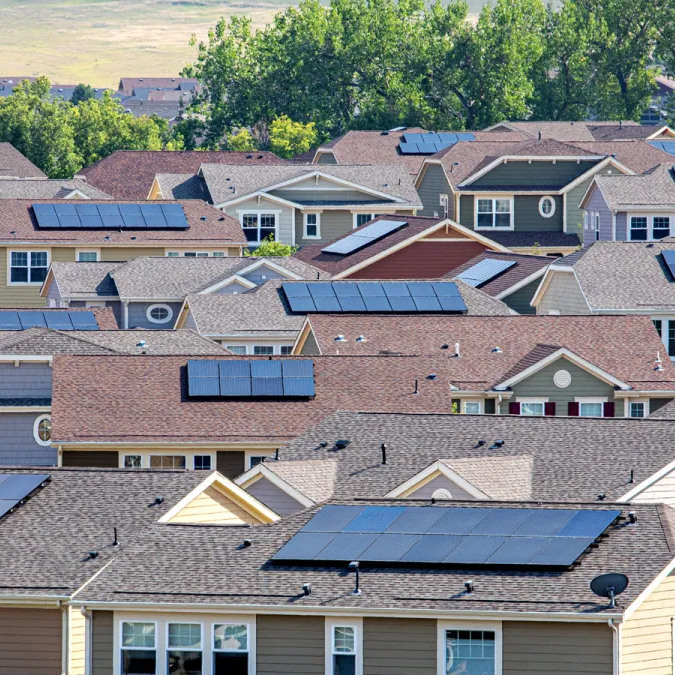

Climate Now: Aug 21, 2023
Building Solar Neighborhoods
There are over 8 billion square meters of rooftops in the US that are viable for solar energy generation, and could produce as much as 40% of national energy needs. And yet, only 8% of US households have installed rooftop solar panels. With so much availab
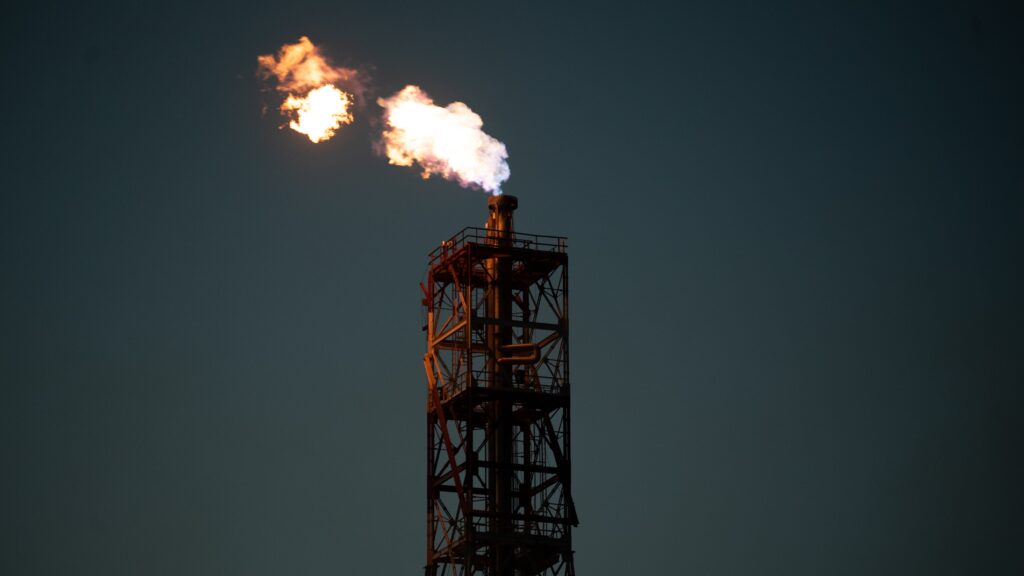

Climate Now: May 23, 2023
The evidence for peak fossil electricity
In 1909, headlines declared the U.S. would run out of petroleum by 1940. In 1945, the estimate was that the U.S. had 13 more years of petroleum reserves left. In 1966, we only had 10 more years before the “figurative dipstick in the United States’ oil sup
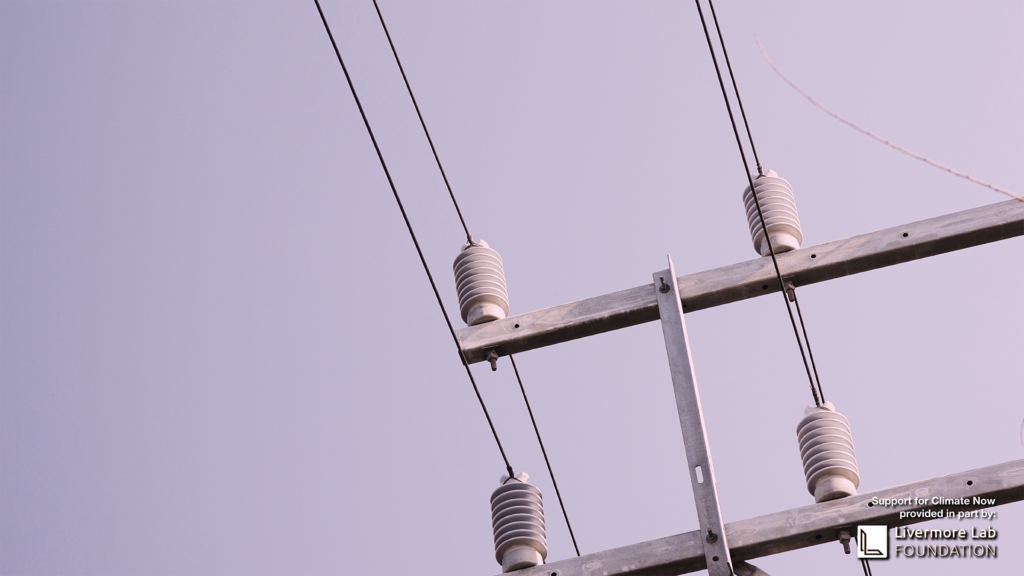

Climate Now: Jan 23, 2023
How to fix the clean energy bottleneck
In 2021, U.S. President Biden signed an executive order with the directive to achieve 100% carbon-pollution free electricity in the United States by 2030. The goal is certainly achievable: currently wind and solar are the cheapest forms of electricity generati
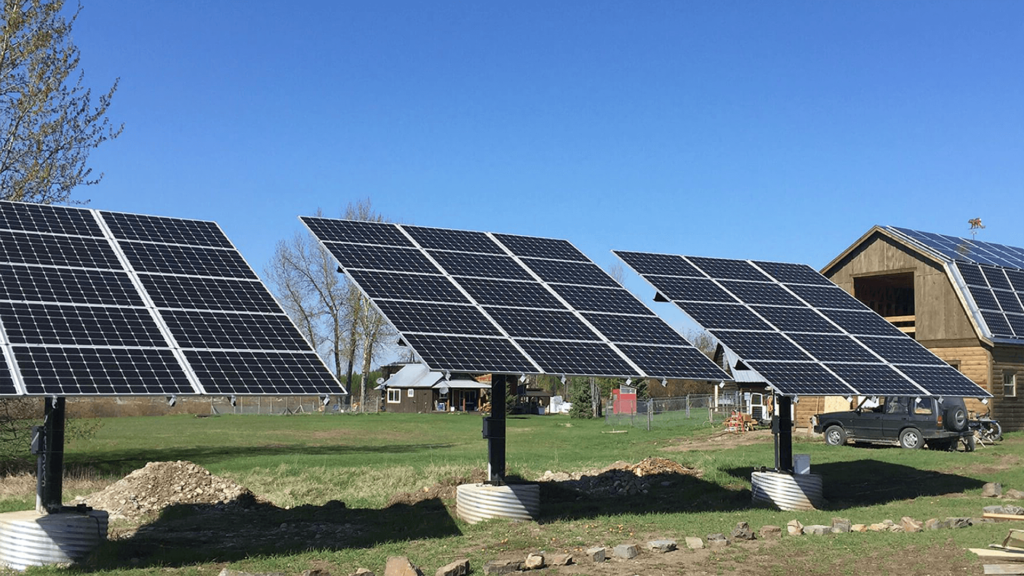

Climate Now: Dec 5, 2022
The role of microgrids in the energy transition
A micro-grid is a local grid. That means that energy generation occurs locally (no giant transmission lines) to support local energy demand, and it has the option to operate independently from a traditional regional power grid. These kinds of grids are attract
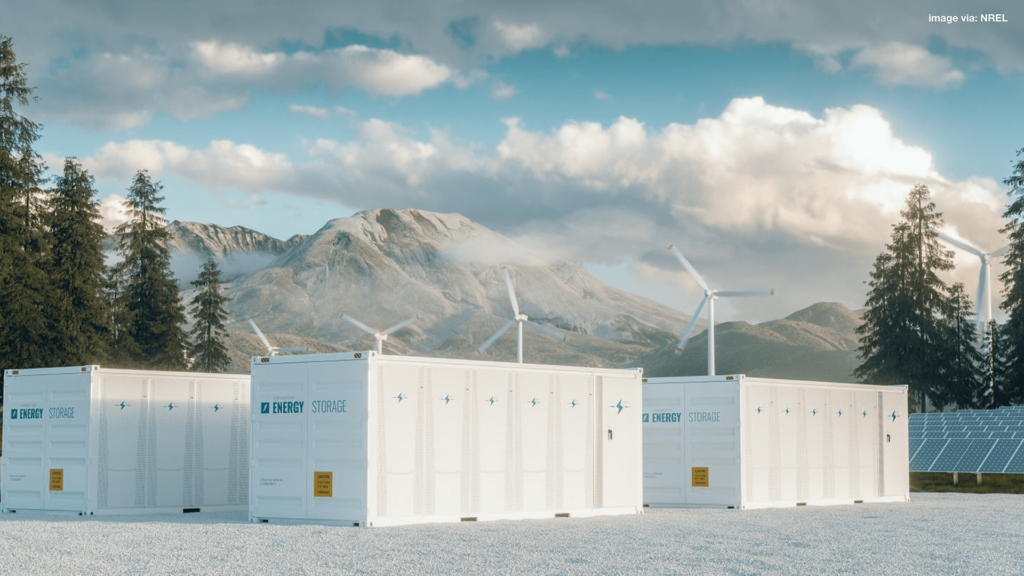

Climate Now: Nov 28, 2022
Battery power: the future of grid-scale energy storage
Renewable energy sources – wind and solar – have become the cheapest and fastest growing form of electricity generation. But the industry has not yet escaped the perennial criticism that keeps many from believing that the world could run entirely o


Climate Now: Jul 12, 2022
How can you save money while decarbonizing your building?
Heating, cooling and electrifying buildings produces nearly one fifth of global greenhouse gas emissions, but by employing existing energy efficient technologies and switching to renewables, we could cut 87% of building-related emissions by 2050. So, how do we


Climate Now: Jun 7, 2022
Are we undervaluing energy efficiency as a decarbonization strategy?
Are we underestimating the potential of increased efficiency? It wouldn’t be the first time. In 2021, the International Energy Agency and the U.S. Energy Information Administration forecasted a 50% increase in global energy demand by 2050. Such forecasts hav
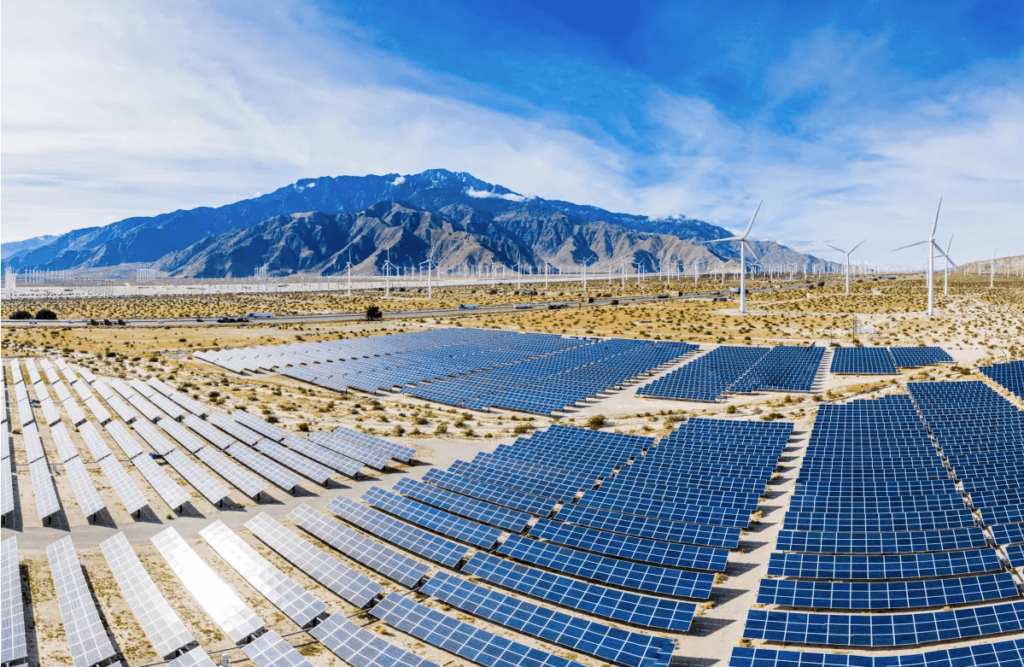

Climate Now: May 23, 2022
How to meet electricity demand while greening the grid
Lawrence Livermore National Lab, Princeton University, and the IPCC have all published proposed climate mitigation pathways: strategies for economically reaching net-zero emissions by mid-century for California, the U.S., and the world, respectively. And they


Climate Now: May 17, 2022
Will the clean energy transition be cheaper than we thought?
The recent working paper by Rupert Way, Matthew Ives, Penny Mealy, and Doyne Farmer, Empirically grounded technology forecasts and the energy transition, suggests that the high estimates of the expense to transition to renewable energy have been inflated, and


Climate Now: Mar 22, 2022
How the electricity grid works
One of the most efficient ways to get to a net-zero economy is to generate electricity from renewable sources, and then make as many things run on electricity as possible. But, as more end-use services (transportation, heating, industry) are electrified, and